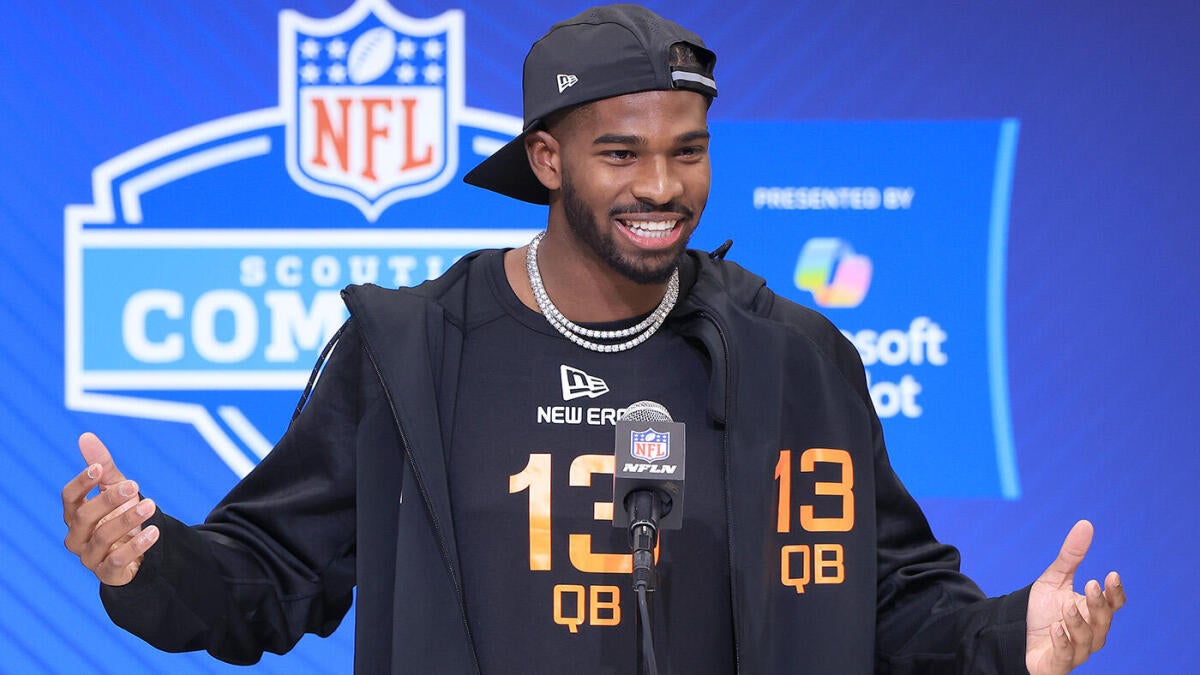The Shedeur Sanders Draft Slide Controversy: A Legal and Emotional Analysis
Introduction
The 2025 NFL Draft was supposed to be a defining moment for quarterback Shedeur Sanders, a player many analysts projected as a top-three pick. Instead, his unexpected slide to the fifth round sent shockwaves through the football world. While draft surprises are nothing new, one Colorado Buffaloes fan took the disappointment to an unprecedented level—filing a $100 million lawsuit against the NFL. This legal battle raises compelling questions about fan emotional investment, the fairness of the draft process, and whether a sports league can be held accountable for a fan’s psychological distress.
A Fan’s Grievance: The Lawsuit Explained
The Core Allegations
The plaintiff, identified as John Doe, claims the NFL’s handling of the draft caused him severe emotional distress. His lawsuit hinges on three key arguments:
Legal Precedents and Challenges
Emotional distress claims in sports are rare and difficult to prove. Courts typically dismiss such cases unless there’s evidence of intentional harm or extreme negligence. The NFL will likely argue that draft outcomes are subjective decisions made by individual teams, not the league itself.
Antitrust and civil rights claims add complexity. If the plaintiff can demonstrate systemic bias or anti-competitive behavior, the case could gain traction—but proving either will require substantial evidence.
The NFL’s Likely Defense
Draft Autonomy and Fairness
The NFL will almost certainly argue that:
– The draft is a merit-based process where teams independently evaluate players.
– No league-wide conspiracy could realistically dictate where a player is selected.
– Emotional distress claims are too abstract to warrant legal compensation.
The Burden of Proof
For the lawsuit to succeed, the plaintiff must:
– Show the NFL directly caused his distress (beyond normal fan disappointment).
– Provide evidence of antitrust violations (e.g., collusion among teams to suppress Sanders’ draft position).
– Demonstrate discriminatory intent in the draft process—a steep challenge without insider testimony or data.
The Bigger Picture: Fan Psychology and Sports Fandom
The Emotional Investment Dilemma
Sports fandom is inherently emotional. Fans invest time, money, and passion into players and teams, often experiencing real heartbreak when expectations aren’t met. But should leagues be legally responsible for managing fan emotions?
This case tests the boundaries of fan entitlement. While teams and leagues cultivate loyalty for profit, they don’t guarantee outcomes. The lawsuit could set a risky precedent if courts validate emotional distress claims over subjective sports decisions.
The Role of Media and Projections
Analysts’ mock drafts and media hype shape fan expectations. Sanders’ pre-draft hype may have set unrealistic hopes, exacerbating the shock of his slide. Should the NFL (or media) temper projections to prevent fan disillusionment?
Conclusion: A Legal Long Shot with Lasting Implications
The Unlikely Success of the Lawsuit
Given legal hurdles, the case faces an uphill battle. Emotional distress claims in sports rarely succeed, and proving systemic NFL bias in the draft will be extraordinarily difficult. The lawsuit may be dismissed early—but not without sparking debate.
A Watershed Moment for Fan Rights?
Even if unsuccessful, this case highlights the intense emotional stakes of modern fandom. It forces leagues to consider:
– How much responsibility do they bear for fan expectations?
– Should there be mechanisms to address fan grievances beyond refunds or apologies?
– Could future lawsuits exploit emotional arguments in new ways?
While John Doe’s $100 million claim may seem extreme, it underscores a growing tension between sports leagues and the fans who fuel them. Whether this case fizzles or makes history, its legacy will be a heightened awareness of the emotional—and now legal—risks of being a fan.











